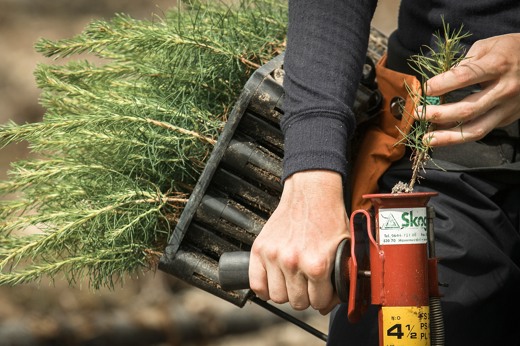According to Statistics Sweden (SCB), the Swedish forest industry collectively provides employment for approximately 140,000 people in Sweden. Many of these jobs are in rural areas where the forest industry thus plays a significant role in the local employment and contributes greatly to tax revenue in these areas. The total tax revenue for the forest industry in Sweden is sufficient to help financing 30,000 jobs in the public sector, such as in healthcare, education, and social care to name a few.
Roughly 80 per cent of Sweden’s forest sector products are exported as of today, generating more than SEK 180 billion (2023) in revenues. This makes for a major contribution to Sweden’s trade balance and makes Sweden one of the world’s largest exporters of pulp, paper, and sawn wood products. All these exports are vital in creating jobs and thus helps underpinning Sweden’s prosperity and climate benefits. The forests in Sweden produce very high-quality timber and also provides large parts of Europe with virgin wood fibres that helps enabling the recycling of cardboard, for example, and contributes to making climate-neutral constructions based on wood possible even in countries with limited access to wood as construction material.
With power comes responsibility
The Swedish forest industry is important to Sweden. Historically as well, it has made a key contribution to Sweden’s prosperity and continues to play a crucial role in efforts to avert the global climate crisis. According to numbers from the Swedish Environmental Protection Agency, Sweden’s total emission of greenhouse gases amounted to roughly 44 million tonnes of CO2e. The total amount that the Swedish forest industry contributes to climate benefits is approximately 93 million tonnes of CO2e – nearly twice as much. As the forests and the trees grow, the trees absorb large amounts of carbon particles from the air, thus help reducing the carbon footprint of Sweden. All the wood-based products – paper, cardboard, and construction material – are grown and produced in highly climate friendly methods.
Biproducts such as bark, shavings, chips, branches, and tops that aren’t fit for using as timber still plays an important part, as they are used as biofuel for heating many Swedish homes. As much as 66 per cent of Sweden’s district heating is powered by biofuel, much of which comes from the forest industry, largely contributing to Sweden’s fossil-free energy production.

The industrial revolution in the late 1800s and early 1900s led to high demand for timber, which in turn resulted in extensive felling. This was a major threat to Sweden’s forests, but thanks to active forest practices and replanting legislation ever since, there is now twice as much wood in Swedish forests as there was a hundred years ago. The saplings we plant today grow better and produce trees that are denser and grow faster than trees planted decades ago. By developing forestry methods based on scientific evidence, Sweden’s forests have kept on thriving over the last century. Nearly 70 per cent of the nation’s surface area consists of forests, as of today, and as climate change and extreme weather keeps creating worse conditions for the planet, trees and forests keep playing a major role in combating these conditions.
